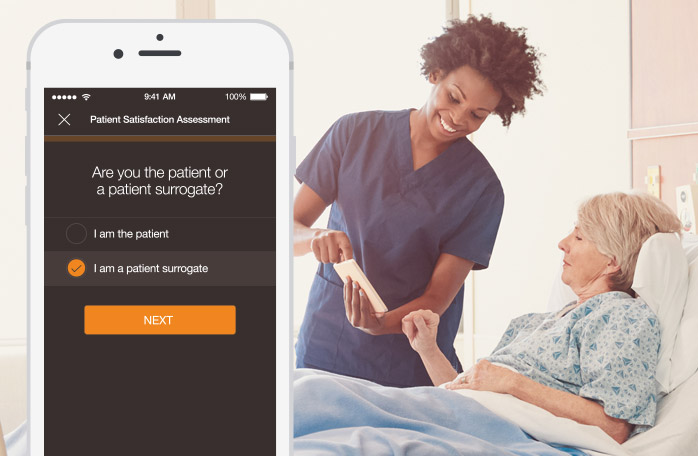RNDS News
Mobile Healthcare is Transforming Healthcare

Global sales of smartphones are expected to hit 1.5 billion units by 2016. Ten years from now everyone from teens to the elderly will be carrying a smartphone, and these mobile devices will be exponentially smarter than they are today. In addition to being location aware, the smartphone of the future will be situationally and contextually aware. This will allow it to present information directly to you when you need it, revolutionizing the way patients are engaged by the healthcare system1″
Physicians should be models of leadership, articulate individual responsibilities, encourage insights from other team members, AMA says.
Earlier this year Kaiser Permanente leapfrogged the industry when it made its entire electronic health care system – the most extensive electronic medical record offering in the world – available to its 9 million members via an Android app. The country’s largest medical organization quickly announced that the app had garnered more than 95,000 downloads. Kaiser patients now make appointments, check lab tests, order medicines, and communicate with their physicians from the palm of their hands. CEO George Halvorson asserted that accessing health information on mobile devices is becoming the “new norm.”
The numbers support Halvorson’s prediction. Global sales of smartphones are expected to hit 1.5 billion units by 2016. Ten years from now everyone from teens to the elderly will be carrying a smartphone, and these mobile devices will be exponentially smarter than they are today. In addition to being location aware, the smartphone of the future will be situationally and contextually aware. This will allow it to present information directly to you when you need it, revolutionizing the way patients are engaged by the healthcare system.
These new capabilities coupled with the explosive growth in digital health apps – the market for mobile health apps is expected to quadruple to $400 million by 2016, according to ABI Research – promise to radically change the way health care is delivered and accessed. Doctors won’t go away, but they will have a lot more information about you and your health, and it will stream in from more sources than ever before. For healthcare delivery, we’re rapidly moving from a world of inbound patients to a world of inbound data. The impact of this shift on the healthcare system and how consumers use and act on health information should not be underestimated.1″
Improve quality of care with the RNDS platform
The RNDS app helps both healthcare professionals and patients receive and exchange information and communications to improve the quality of care, reduce communication errors, results in better outcomes and empowers patients in the healthcare paradigm while allow healthcare professionals to do their jobs better and more efficiently.
1Original Article from Forbes: “5 Ways Mobile Apps Will Transform Healthcare”
